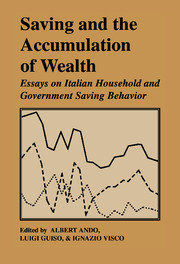Marcello De Cecco tells a good story very well. There is no model, nor any underlying thesis, so a discussant cannot do much more than either add to the story or indicate that he profited from it, as I did. It might be seen as a religious tale of vice and virtue – it is basically Christian, culminating in a conversion, but the Rothschilds did get a share of the action, though they did not of course ever convert. They got shut out of the 1902 operation by the hapless Di Broglio, and they then procrastinated in 1906 and ultimately played only a minor role. Their main fee appears to have gone to paying to advertise the operation.
The new Kingdom of Italy started with heavy fiscal pressure and a ‘huge’ debt – 95% of GDP, rising to 115% fifteen years later, and peaking at 120% in 1895. These figures exceed even those which are causing so much concern today and may indeed make us wonder whether that concern is exaggerated. According to De Cecco, foreign debt was ‘the bane of Italian political and economic authorities’. He should perhaps tell us why they found it such a burden; after all, they did not hesitate to borrow more abroad in the 1880s.
The paper tells an interesting story about capital flight, the repatriation of bonds, and the effect on the exchange rate. The ‘repurchases’ here are not buybacks by the state, but rather repatriation by private residents.
